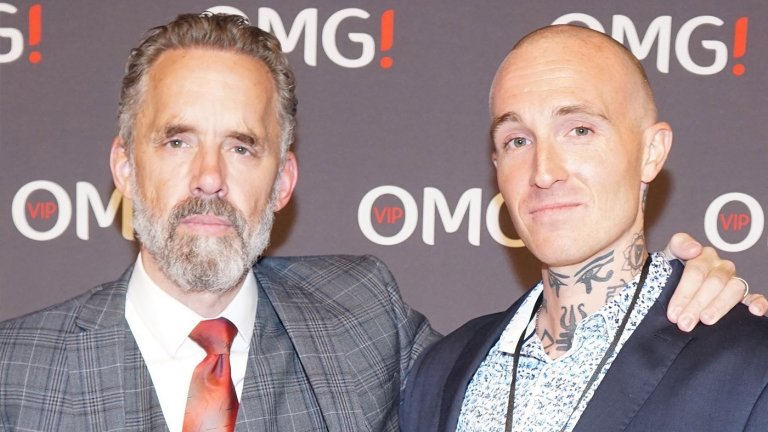The Devastating Impact of Pornography on Young Men, Relationships, and Society
Pornography addiction among young men is fast becoming a public health crisis, with profound implications for mental health, relationships, and society at large. What was once a private vice has now become an omnipresent issue with far-reaching consequences that disrupt traditional social structures such as the nuclear family, erode relationship dynamics, and even affect birth rates. As internet pornography becomes increasingly accessible and normalised, its potential to skew perceptions of intimacy, relationships, and fulfilment deepens.
The Mental Health Dilemma
Pornography’s effects on mental health are extensive. Research indicates that young men who regularly consume pornography are more likely to suffer from depression and feelings of isolation than their peers who abstain. This occurs because constant exposure to pornography rewires the brain’s reward system, creating a dependence on instant gratification rather than fostering meaningful real-life connections (Institute for Family Studies).Over time, this leads to anhedonia — an inability to find pleasure in everyday activities — and exacerbates anxiety and depression, compounding the issue (Ballard Brief).
Erosion of Intimate Relationships
The harmful effects of pornography extend beyond individual mental health to erode romantic relationships. Regular consumption fosters unrealistic expectations around sexual performance, body image, and intimacy. For many young men, this leads to dissatisfaction with real-world sexual experiences, which can, in turn, diminish relationship satisfaction.
Partners of those addicted to pornography frequently report feeling neglected, inadequate, or betrayed. Over time, the emotional distance created by this addiction erodes trust and intimacy, leading to higher rates of infidelity and separation (Utah State University Extension).
Moreover, as relationships deteriorate, pornography addiction is linked to a weakened commitment to romantic partners, further destabilising long-term relationships like marriage.
As emotional bonds falter, the foundation of the nuclear family — once the cornerstone of social stability — is at risk of collapse (Utah State University Extension).
Decline in Birth Rates and Family Formation
The repercussions of pornography addiction extend to demographic shifts, particularly in falling birth rates. As young men increasingly engage in solitary digital fantasies, they disengage from the pursuit of real-world partnerships that lead to marriage and family formation. This disengagement is further compounded by the rise in sexual dysfunction linked to excessive pornography use, including delayed arousal and erectile dysfunction, which discourage men from seeking out or maintaining committed relationships (Ballard Brief / Utah State University Extension).
As fewer men enter committed relationships or become fathers, societies face significant challenges to sustaining population growth and familial structures. The nuclear family, essential to societal continuity, risks erosion as fewer men choose to engage in long-term commitments.
Impact on Women and Society
The pervasive consumption of pornography also distorts how women are perceived and treated within relationships. Pornography often portrays women in degrading and objectified roles, reinforcing misogynistic attitudes. This skewed perception fosters an unrealistic standard of beauty and behaviour that pressures women to conform to harmful ideals while simultaneously diminishing their self-worth. In relationships where pornography addiction is present, women often feel secondary to their partners’ virtual desires, which erodes emotional connection and fulfilment (Utah State University Extension).
At a societal level, the widespread consumption of pornography reinforces toxic masculinity, undermines healthy relationship dynamics, and further contributes to a culture of sexual objectification. This dynamic threatens not just individual relationships but also the broader societal fabric, including respect for partnership, consent, and mutual fulfilment in romantic unions.
Urgent Need for Action
It is imperative that mental health professionals, educators, and policymakers address this emerging crisis with urgency. Young men must be educated about the dangers of excessive pornography consumption, and the stigma surrounding seeking help for such addiction must be removed. Pornography addiction must be treated not as a taboo but as a legitimate health concern, with resources such as counselling and support groups widely accessibl (Utah State University Extension).
By fostering open conversations and offering appropriate interventions, we can mitigate the damaging effects of this silent epidemic. The costs of inaction are too high to ignore — the erosion of healthy human relationships, the disintegration of family structures, and the long-term demographic implications demand our immediate attention.
Conclusion
In conclusion, pornography addiction represents a growing threat to the well-being of young men and the stability of society. Without action, we risk allowing this addiction to further damage individual mental health, disrupt relationships, and weaken the nuclear family. By addressing this issue head-on, we have the opportunity to safeguard the future of healthy human relationships and societal continuity.
The time to act is now.






